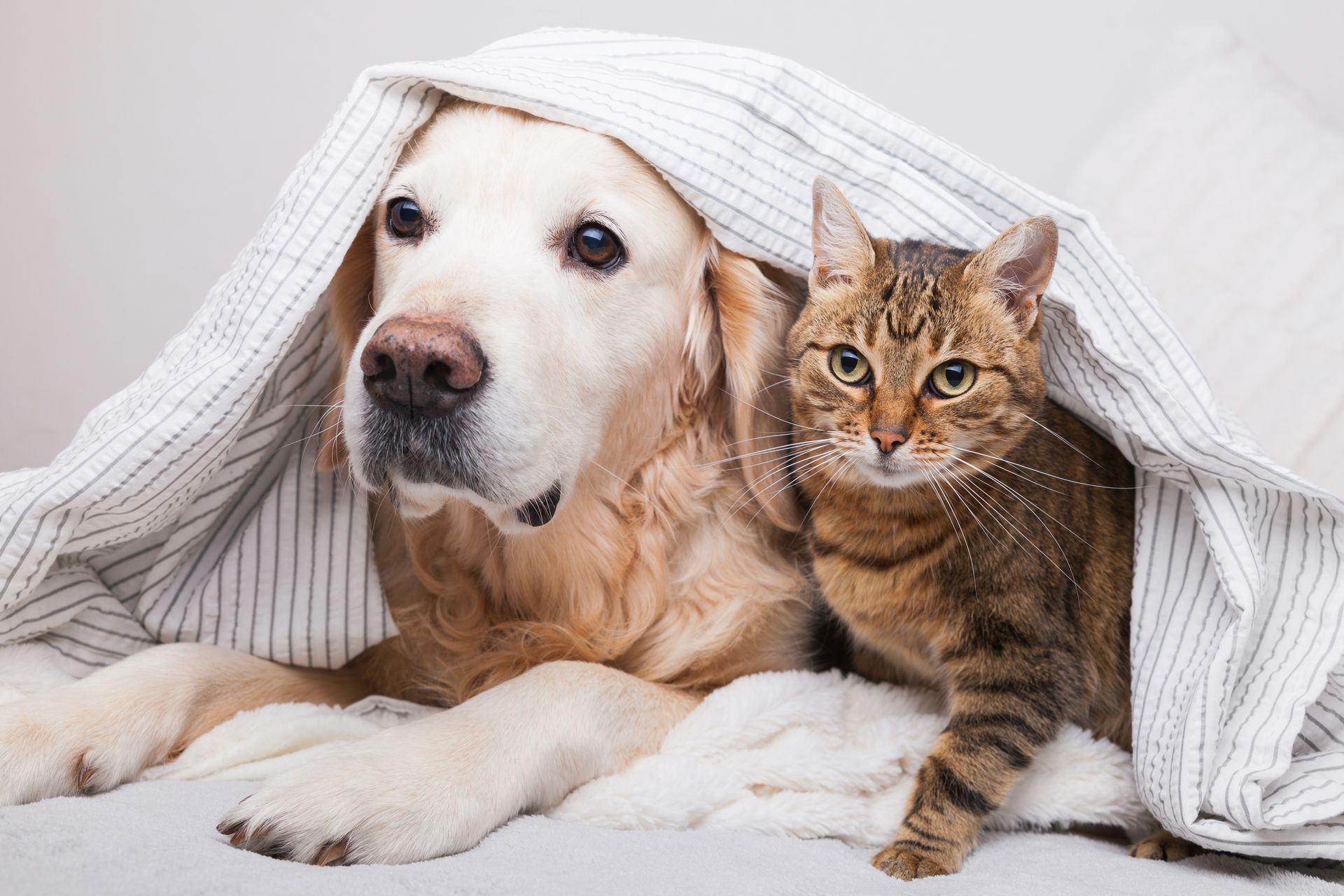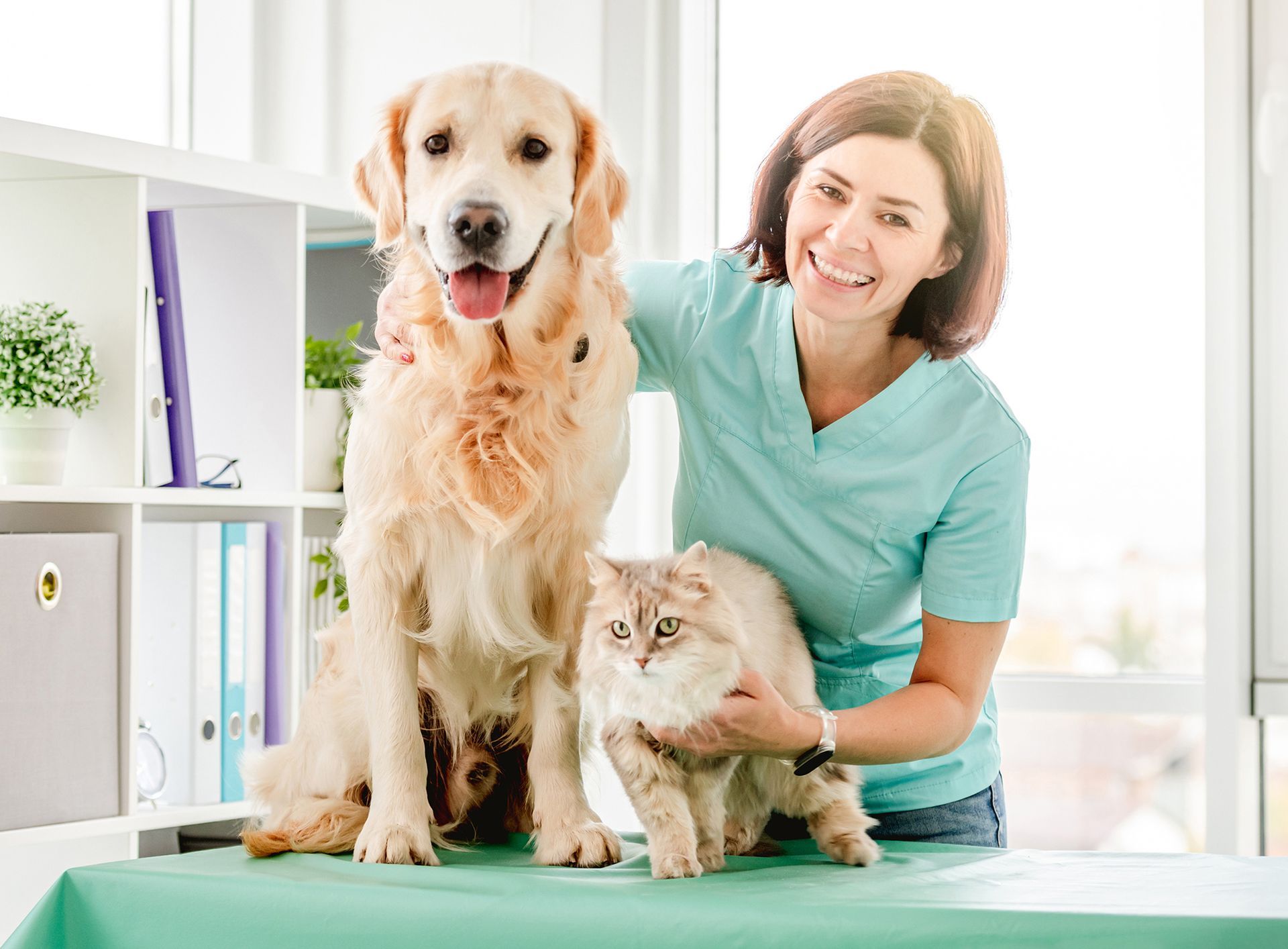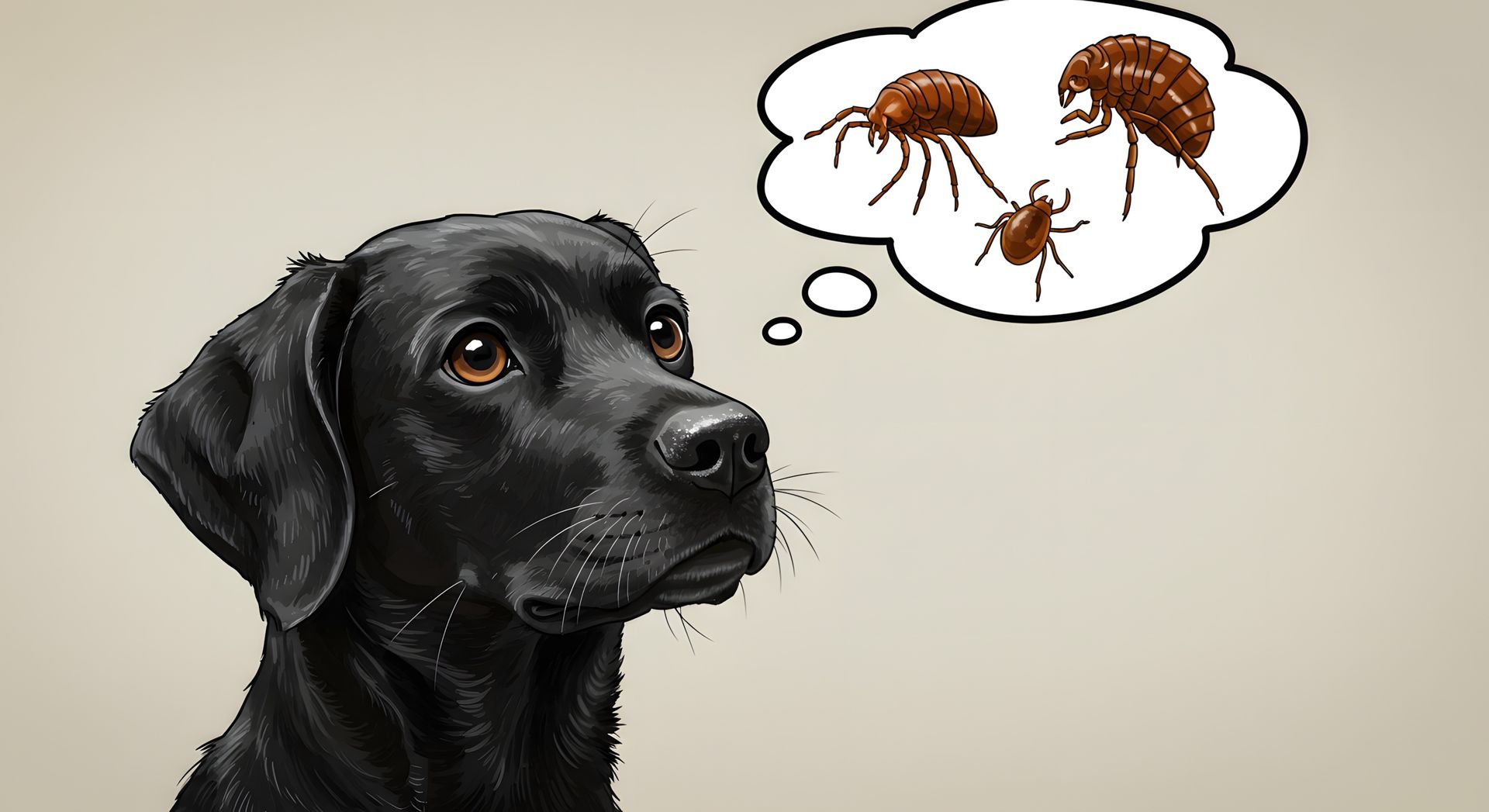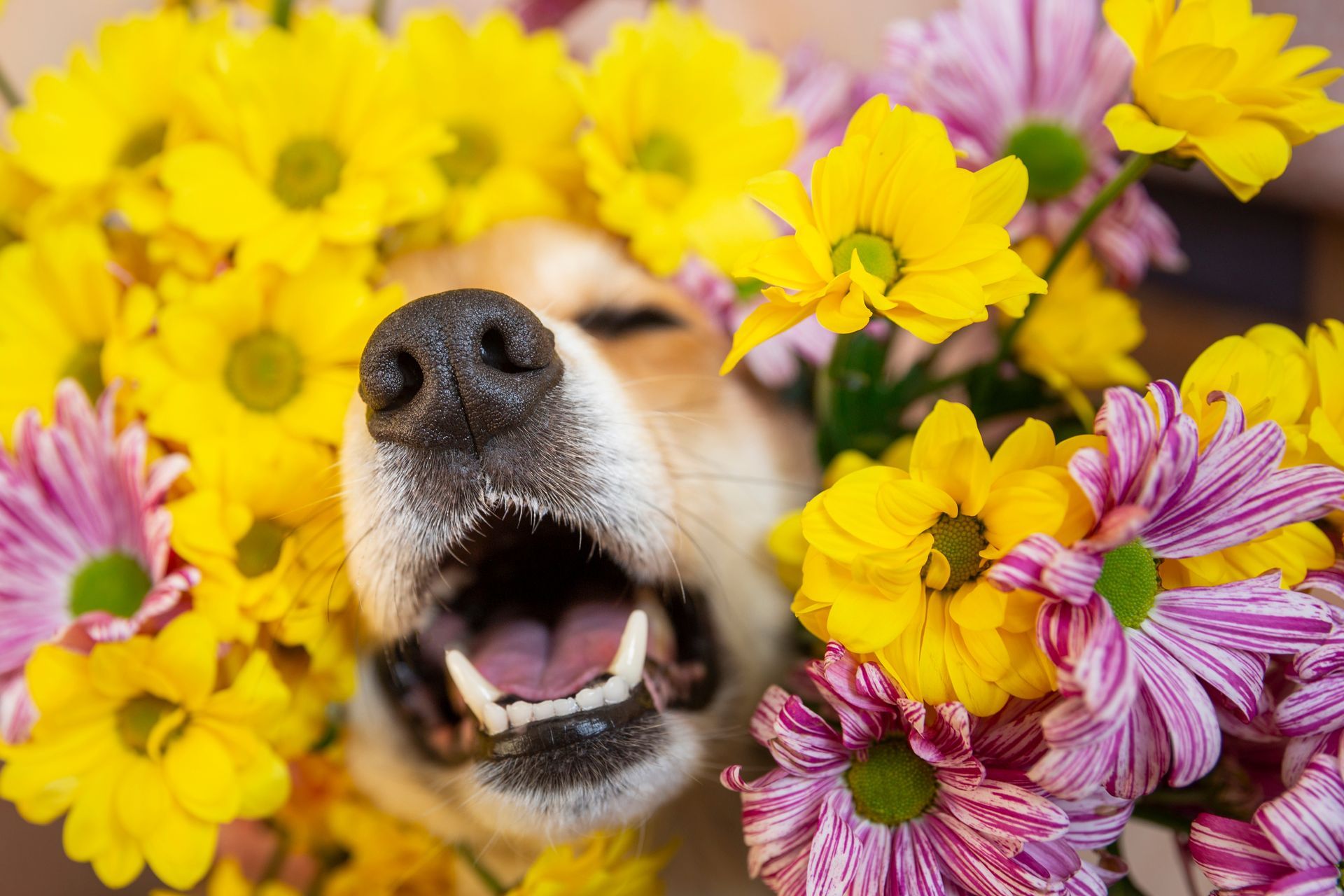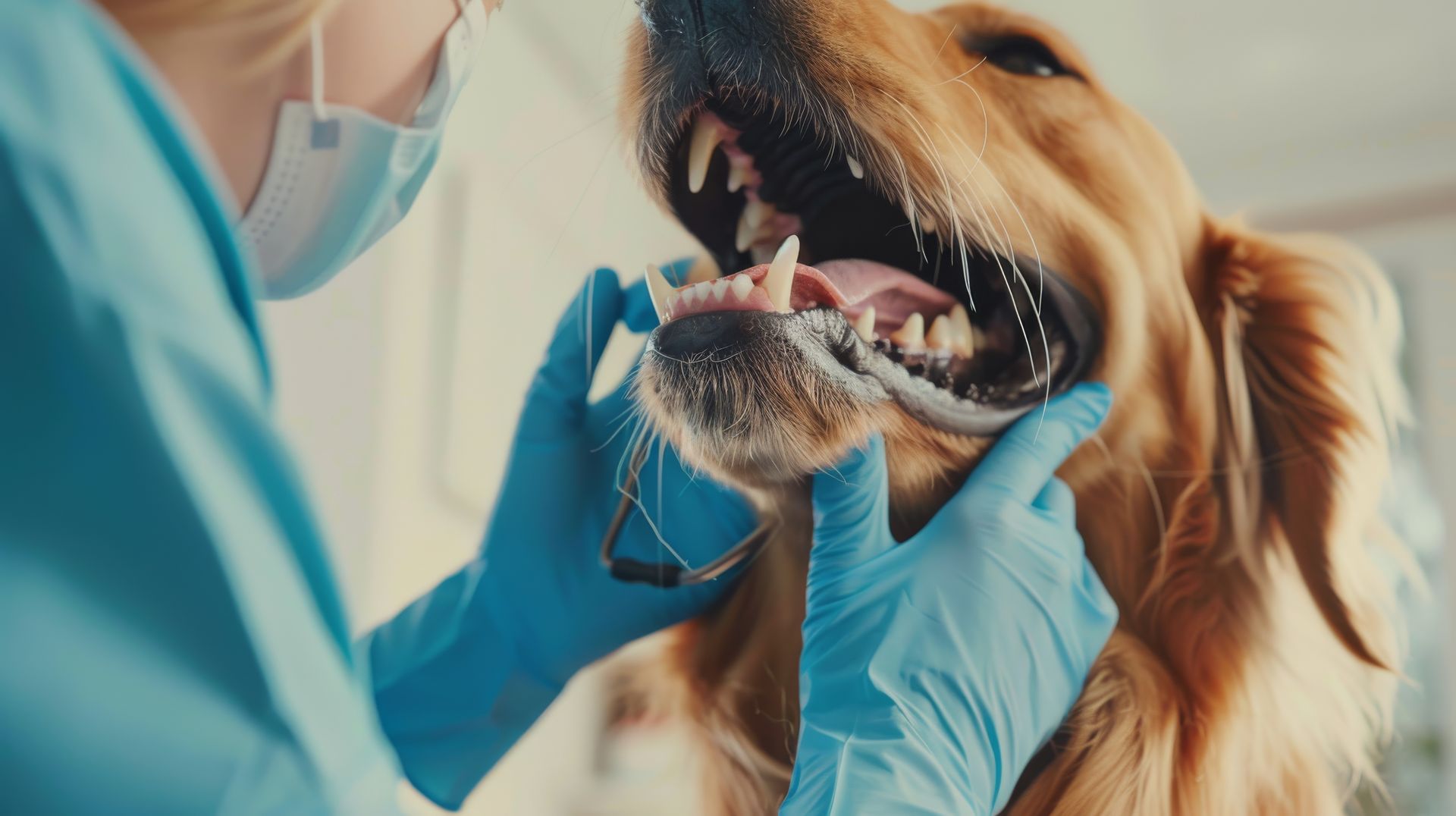Spring Allergies in Pets
Spring brings a breath of fresh air, blooming flowers, and vibrant colors. However, for our furry friends, it also heralds the onset of seasonal allergies. At Castle Hills Animal Hospital, we understand the importance of keeping your pets happy and healthy year-round. In this comprehensive guide, we will delve into the world of spring allergies in pets, exploring common triggers, symptoms, prevention, and effective treatment options.
Understanding Spring Allergies in Pets
Common Triggers:
Spring allergies in pets are often triggered by environmental factors. Pollen from trees, grasses, and weeds is a common culprit. Additionally, mold spores and insect bites can also contribute to allergic reactions in pets. Understanding these triggers is crucial for identifying and managing your pet's allergies effectively.
Recognizing Symptoms:
Pets may exhibit various symptoms when suffering from spring allergies. Keep an eye out for:
- Itching and Scratching: Excessive itching, licking, or biting at the skin are common signs of allergies in pets.
- Red or Watery Eyes: Irritated eyes and tear-stained fur may indicate an allergic reaction.
- Sneezing and Coughing: Just like humans, pets may sneeze or cough as a response to allergens.
- Ear Infections: Allergies can lead to increased ear infections in pets. Watch for signs of head shaking, ear redness, or a foul odor.
- Skin Infections: Scratching can break the skin, leading to secondary bacterial or yeast infections.
Prevention Tips:
- Regular Grooming: Brushing your pet regularly helps remove allergens from their fur, reducing the chances of irritation.
- Allergen-Free Bedding: Provide your pet with hypoallergenic bedding to minimize exposure to allergens.
- Indoor Time: Limit outdoor activities during peak pollen times and opt for indoor play to reduce exposure.
- Air Purifiers: Consider using air purifiers to reduce indoor allergens and improve air quality for your pet.
Seeking Professional Help at Castle Hills Animal Hospital
Allergy Testing: If your pet exhibits persistent or severe allergy symptoms, consulting with our veterinary team at Castle Hills Animal Hospital is essential. We offer comprehensive allergy testing to identify specific allergens affecting your pet.
Treatment Options:
- Medications: Depending on the severity of the allergies, our veterinarians may prescribe antihistamines, corticosteroids, or other medications to alleviate symptoms.
- Immunotherapy: Allergy shots or oral immunotherapy can desensitize your pet's immune system to specific allergens, providing long-term relief.
- Topical Treatments: Shampoos, creams, and sprays can help soothe irritated skin and reduce itching.
- Nutritional Counseling: Dietary changes may be recommended to support your pet's immune system and overall health.
Your Role in Managing Pet Allergies
Follow Veterinary Recommendations:
Once a diagnosis is made and a treatment plan is in place, it's crucial to follow the recommendations provided by our experienced veterinary team. This may include administering medications, making lifestyle adjustments, and attending follow-up appointments.
Monitor Your Pet's Environment:
Regularly assess your pet's environment for potential allergens. Keep living spaces clean, use pet-friendly cleaning products, and stay vigilant about changes in your pet's behavior or health.
Maintain Regular Veterinary Check-ups:
Scheduled veterinary check-ups are essential for monitoring your pet's overall health and adjusting the treatment plan as needed. Our team at Castle Hills Animal Hospital is dedicated to ensuring the well-being of your furry companion.
Spring allergies in pets can be challenging, but with the right knowledge and proactive care, you can help your pet enjoy the season comfortably. If you suspect your pet is suffering from spring allergies, don't hesitate to reach out to Castle Hills Animal Hospital. Our experienced team is ready to provide personalized care and support to keep your pet happy and allergy-free throughout the spring season and beyond.
Remember, a healthy and happy pet makes for a joyful and fulfilling companionship. Stay informed, stay vigilant, and let Castle Hills Animal Hospital be your trusted partner in ensuring the well-being of your beloved pets.


